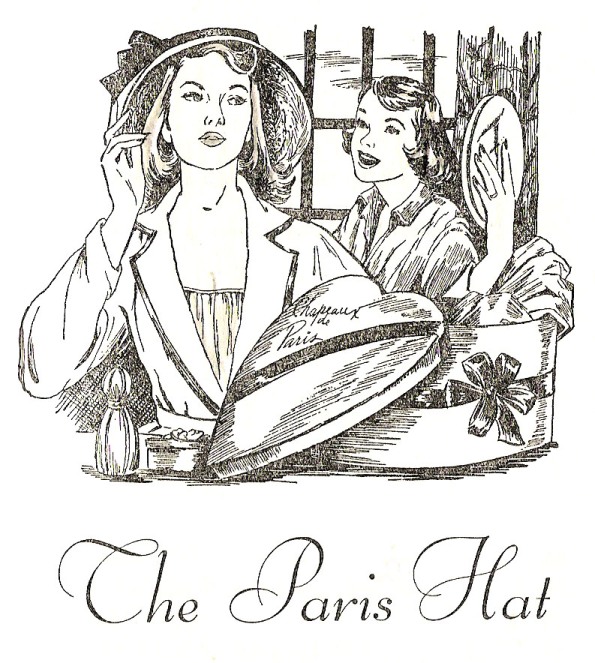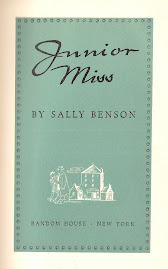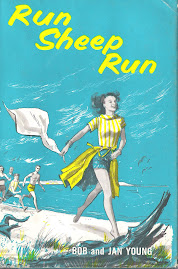 Title: Princess in Denim
Title: Princess in DenimAuthor: Zoa Sherburne
Publisher: William Morrow, 1958
Provenance: ILL, currently the property of the Wichita State University Library
Setting: Rural Washington State
Fun: Miss Tulip contest; owning your own horse; the wiles of the big city
Publisher: William Morrow, 1958
Provenance: ILL, currently the property of the Wichita State University Library
Setting: Rural Washington State
Fun: Miss Tulip contest; owning your own horse; the wiles of the big city
Zoa Sherburne is best remembered for Why Have the Birds Stopped Singing? a 1974 novel about epilepsy and time travel. To my mind, she's one of those writers who came into their own in the 1960s and 70s, when subject matter shifted and broadened. (Too Bad About the Haines Girl (1967) was a groundbreaking "problem novel" about teen pregnancy.) Sherburne began publishing in the mid-fifties, however, and her earlier novels, while lighter in tone, are never silly and take pains to present realistic, if not terribly dramatic, dilemmas for her characters.
Eden lives in a small town in Washington State, where her father is a farmer. She allows her would-be boyfriend, Steve, to take a picture of her as a farmgirl -- blue jeans, straw hat -- which he then enters in a local beauty contest. Struck by something refreshing in the shot, the judges award Eden the title of Miss Tulip.
Up to this point, Eden has been happy with her life, with little interest in glamor. But news of her win brings to town a charming newspaperman, Johnny Halloran. He offers to manage her in the Miss Washington contest, perhaps even taking her all the way to Miss America. It's one of Princess in Denim's strengths that the reader believes in Eden's fascination with Johnny and all he promises. Eden is content with her life, but, naturally enough, she wonders if there could be more out there than she knows about. And, naturally enough, she doesn't want to turn her back on it before she finds out. And so Eden, over the protests and guarded warnings of Steve, her father and several other adults, goes to Seattle under Johnny Halloran's wing.
It's not difficult to guess that Eden is eventually going to choose to return to life on the farm. But Sherburne manages it so that this choice does not seemed forced or leave the reader with sense of disappointment. One of the reasons for this is that the farm Eden comes back to is not the one she left; the life she resumes has undergone some major changes. Princess in Denim is not the most exciting novel Sherburne wrote, but Eden is a winning heroine of a worthy story.










